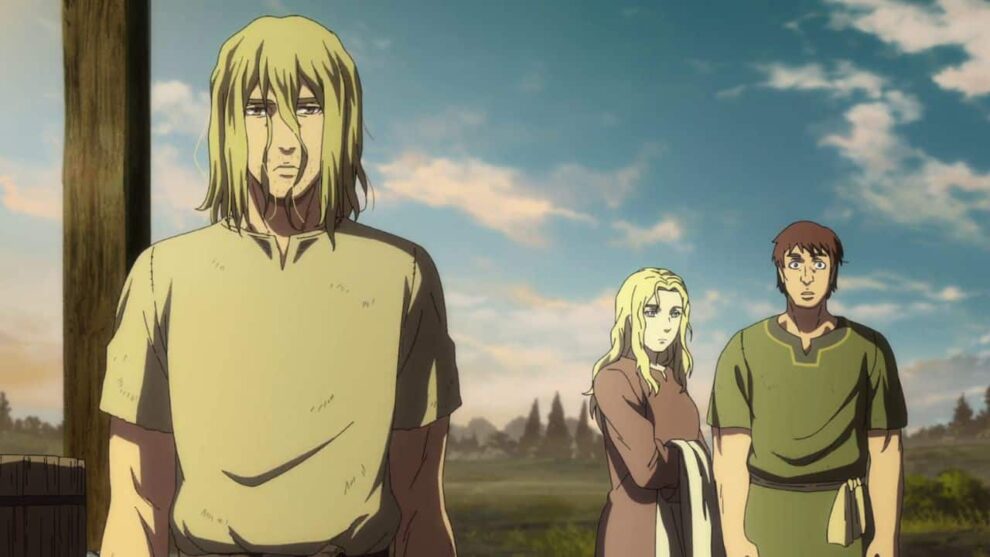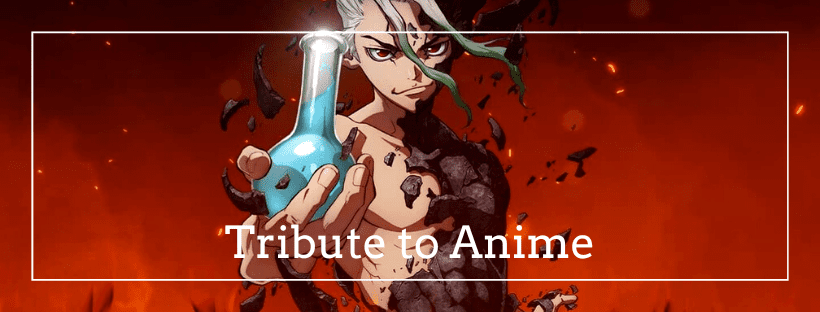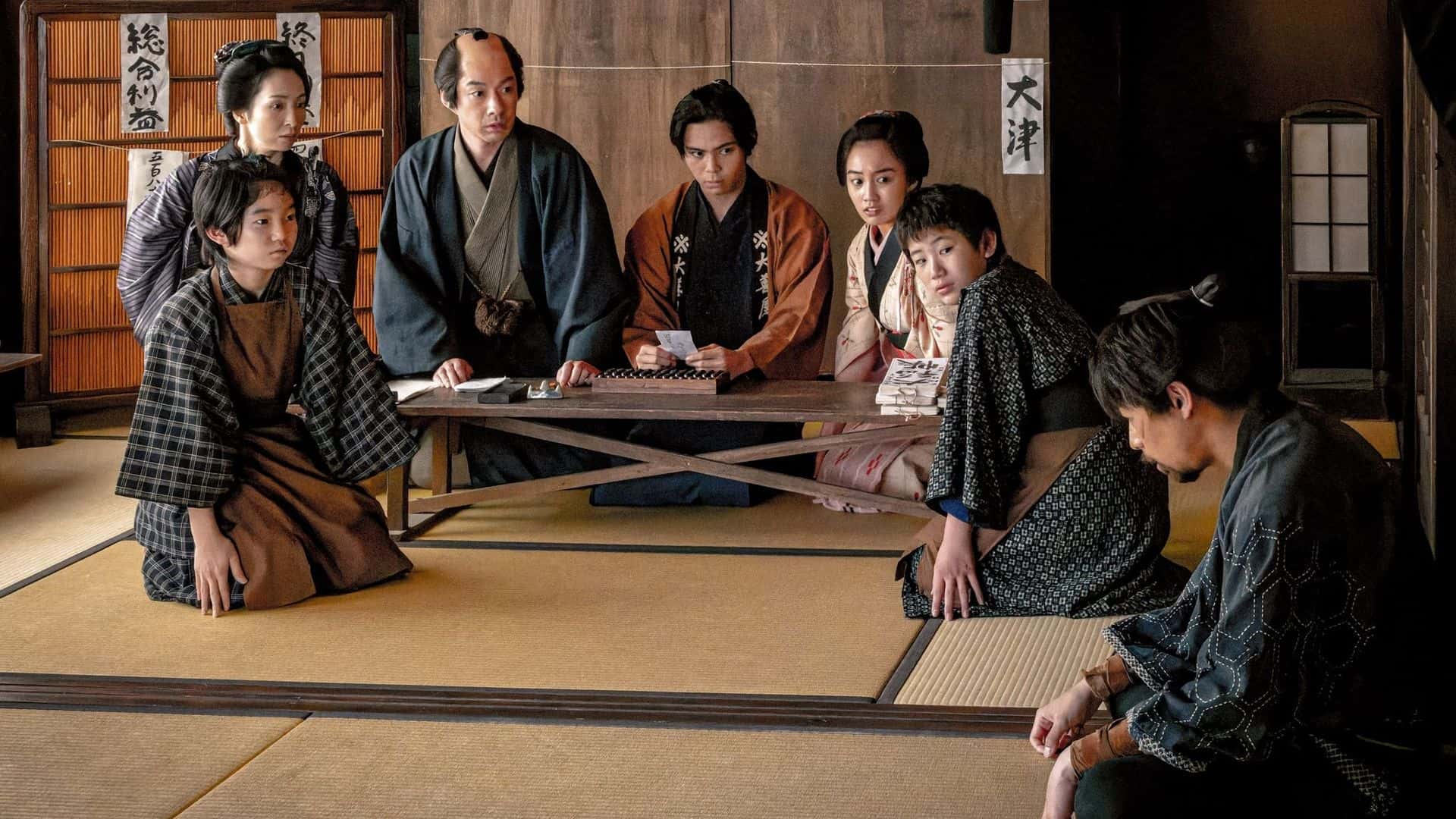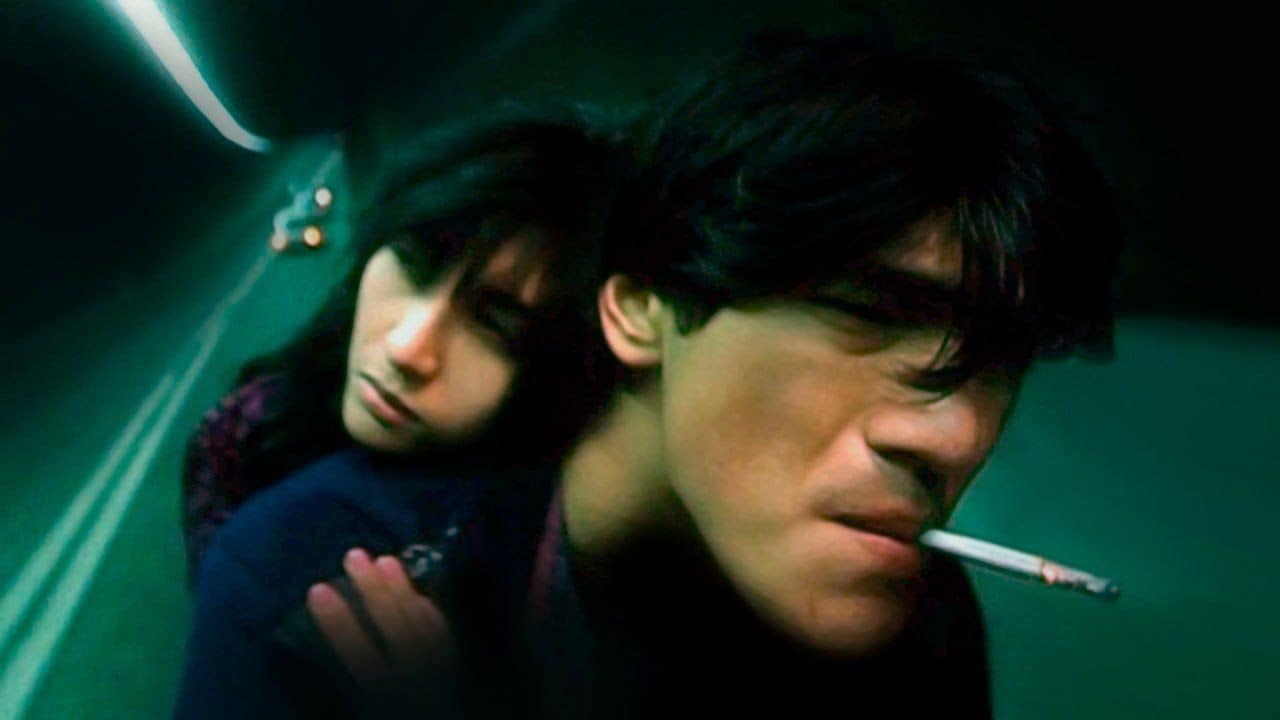The second season of the excellent Viking action anime “Vinland Saga” is a rather different animal, since the brutal action and the machinations that dominated the narrative of the first have now given their place to drama, in the first series with the particular theme to focus so intently on the lives of people outside the battle.
Watch This Title on Crunchyroll
by clicking on the image below
This time, Thorfinn's co-protagonist is Einar, a farmer living in Northern England, whose family is killed by Vikings during a raid, with him being enslaved and eventually sold to a man Ketil in southern Denmark. Ketil, however, is a benevolent master who gives him an area to deforest and cultivate, stating that with his earnings, he can buy his freedom, something that has actually happened with a number of other slaves, who are now working as farmhands in the area. It is there that Einar meets a totally changed Thorfinn, who, after Askelaad's death, has lost purpose in life, apart from growing an intense hate for any kind of violence. The two men work the same field, and despite their differences, they soon become friends, through their common struggle and by facing the same problems, with Einar eventually teaching Thorfinn the rewards of cultivating the land.
Arnheid, a slave in the farm, soon becomes a love interest for Einar, although this relationship seems doomed from the beginning, and later events make the situation even worse. Olmar, the younger son of Ketil, wants to become a warrior like his big brother Thorgil, a tremendous fighter, but realizes that he is too weak to do so, with his weakness eventually turning into bitterness. Sverkel, an old farmer who is cultivating a field on his own, is soon proved to be the most significant man in the area, and a surprising ally to Thorfinn and Einar. Snake, the leader of the security team of the farm also emerges as a rather interesting personality, while Canute appears once more only to spread mayhem in his path, with the two finding themselves in the midst of it.
The lack of action and violence is actually shocking in this season, with Shuhei Yabuta focusing almost exclusively in portraying life in11th century Europe, through an approach that, quite clearly, highlights the blights of war. The way a peaceful farmer like Einar sees his whole life destroyed in one night is the most evident one, with the series essentially linking the concept of slavery with war, in a remark that is repeatedly presented through the series. The consequences of war are also presented through Thorfinn, whose violent ways of the past and his thirst for revenge have essentially deemed a shell of a man. The way the people who were former slaves treat the ones that are now slaves also emerges as another pointed comment, this time actually targeting human nature, while the strictness of the laws in such dire times, is also painted in the darkest colors, even turning against mere kids, in one of the most shocking episodes of the whole series.
Some optimism seems to appear through the concept of friendship, but even this is highlighted as a benefit quite hard to retain, while Yabuta makes a point of showcasing that love has absolutely no place in such a setting, with the whole Arnheid arc being one that could be easily mirrored to Greek tragedies. Canute, and his struggles to become a King also show that even individuals of his stature suffered in such a war-happy era, although in his case, he is as much the instigator as the victim. Lastly, Ketil's arc eloquently shows that this setting is definitely not for the weak, with the harsh lessons the young man undergoes also being rather dramatic, as his dreams are crushed in the most pragmatic fashion.
The lack of violence is prevalent, but when it does appear, occasionally even with minimal action, it is even more impactful, adding to the drama both through the suddenness with which it is presented and its brutality, which is occasionally shocking. Some sequences of combat do appear, but most of them follow realistic paths, again with the aim being to present the consequences of war throughout society.
The animation, with Mappa taking over from Wit Studio, finds its apogee in these scenes, as the rest of the work in the season focuses on realism, without any particular exaltation, in an approach, though, that is in perfect harmony with the aesthetics here. Takahiko Abiru's character design is probably the weakest aspect of the season, with the faces of almost everyone involved looking particularly blunt, while the similarities among them border on the annoying. Some tricks do save the situation, such as the growing of beards by the two protagonists that signifies the passage of time, and the difference in age between the characters, along with the existence of scars, working in favor of diversity, although not completely successfully.
Truth be told, Yabuta does milk the drama, particularly in the first part of the series, which does become a bit blunt after a point. However, this is is the only issue of a truly excellent narrative and a rather captivating story that manages to communicate its messages in the most impactful way.
















